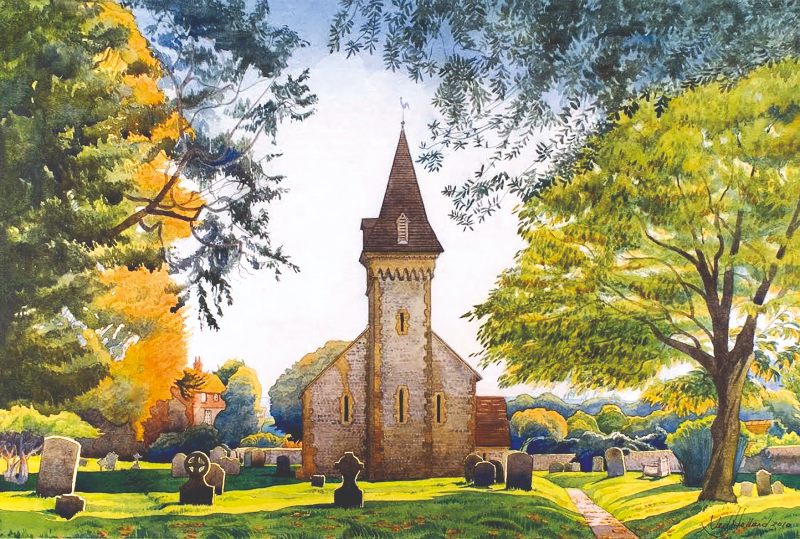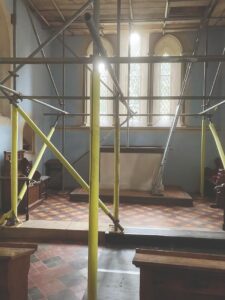Community header template
- Home
arrow_drop_down
- News
arrow_drop_down
- What’s On
- Local Information
arrow_drop_down
- Community Groups
arrow_drop_down
- Business Support
arrow_drop_down
- Advertising Rates
- Business Networks
- Akin Arundel
- Arundel Chamber of Commerce
- Consultants, Admin Support & Office Space
- Film Location & Production Support
- IT & Technical Support
- Legal, Financial Planning, Accountants And Insurance
- Local Publications And Media
- Marketing, Printing & Digital
- Business Newsletter
- Local Directory
arrow_drop_down
- Estate & Lettings Agents & Architects
- Health, Beauty & Wellbeing
- Home & Gardening Services
- Legal, Financial Planning, Accountants And Insurance
- Photographers, Fashion & Lifestyle
- Retirement, Care & Funeral Services
- Travel, Holidays & Languages
- Tradesman, Builders and Property Services
- Vehicle Repairs, Storage, Hire & Taxi Services
- Weddings, Events & Entertainment
- Contact
Churches at Risk

Published Summer 2022
Many of our historic churches are at risk and the much-loved St Leonard’s Church at South Stoke is among them. Oliver Hawkins explains what happened when its roof fell in.
WITH almost 1000 Anglican churches on the Historic England’s ‘At Risk’ register, the survival of the small parish church has never been more pressing. Where a church has effectively lost its congregation closure may be inevitable, but in numerous cases a small but committed congregation, often assisted by non- churchgoing friends who like Winston Churchill choose to ‘support the Church from the outside, like a flying buttress’, find themselves struggling to pay for the necessary upkeep.

Over the past few years reactions to the Church’s radical Renewal and Reform mission, launched in 2015 with the aim of providing ‘a narrative of hope’, have reflected how differently the parish church as such is viewed. The fact that the Church Times can refer indignantly to the Daily Telegraph’s ‘continuing campaign against Renewal and Reform’ (poor George Carey criticised for ‘a long, waffly piece about country parishes’) indicates the strength of feeling. On the one side the Church of England is quite properly looking for more effective strategies for its mission in the contemporary world, and on the other many of its members are fearful for the essential character of Anglican worship.
As always management-speak exacerbates the debate – reference to doing away with ‘the legal and cultural constraints and the institutional inertias that impede necessary change’ has a somewhat Stalinist ring, and much has been made of the unfortunate terminology that can suggest that vicars and churches are obstacles to progress, rather than essential parts of it.
Planning regulations for churches fall outside the normal procedures, and proposals by the Church of England for reducing the amount of consultation needed before closing a church, limiting the rights of local people to object or appeal, and reducing the input from heritage bodies have clearly caused concern.
A recent article in Country Life magazine expresses what many people, whether churchgoers or not, feel about the issue- that ‘church buildings are part of our common inheritance; as places of worship, they are more than museums; as monuments they are more than venues for services; and as public buildings they are more than the possession of their congregations’.
St Leonard’s is rightly cherished as a particularly beautiful church, hidden away under the Downs in the hamlet that saw it built almost a thousand years ago.
All well and good, but who picks up the tab? In this climate of uncertainty, it is reassuring to see the tiny church of St Leonard’s, South Stoke, simply getting on with mending its roof, just as it might have done in any of the past centuries of its existence. St Leonard’s is rightly cherished as a particularly beautiful church, hidden away under the Downs in the hamlet that saw it built almost a thousand years ago. When part of the ancient roof collapsed repairs were swiftly put in place, and a visitor today would be quite unaware of any problem. The costs of the work are in the region of £100,000, and a variety of fund-raising activities have been put in hand. Looking at photographs of the work in progress one is reminded that buildings, like people, become more vulnerable with age.
So, it is all the more heartening that among those stepping up to help fund the repairs is a much-loved Arundel artist who himself has not been enjoying the best of health. Neil Holland, whose exquisite watercolours capture the essence of downland landscapes and their architecture, has generously donated a number of signed prints of St Leonard’s, to be sold in aid of the church repairs. From a limited edition, each print is available for £250, and would provide a lifetime of visual pleasure at the same time as supporting a worthwhile cause. You can order your print online (or indeed make a donation large or small) at stleonard.uk, or by contacting St Nicholas parish office on 01903 882262.

